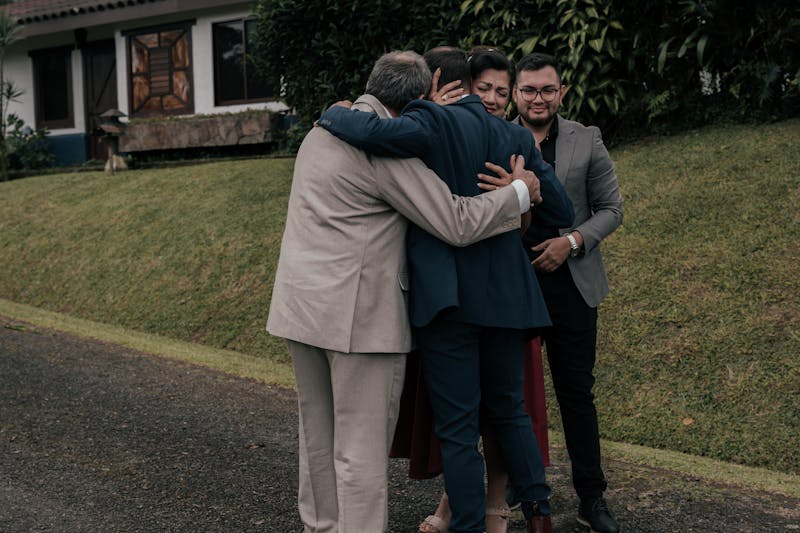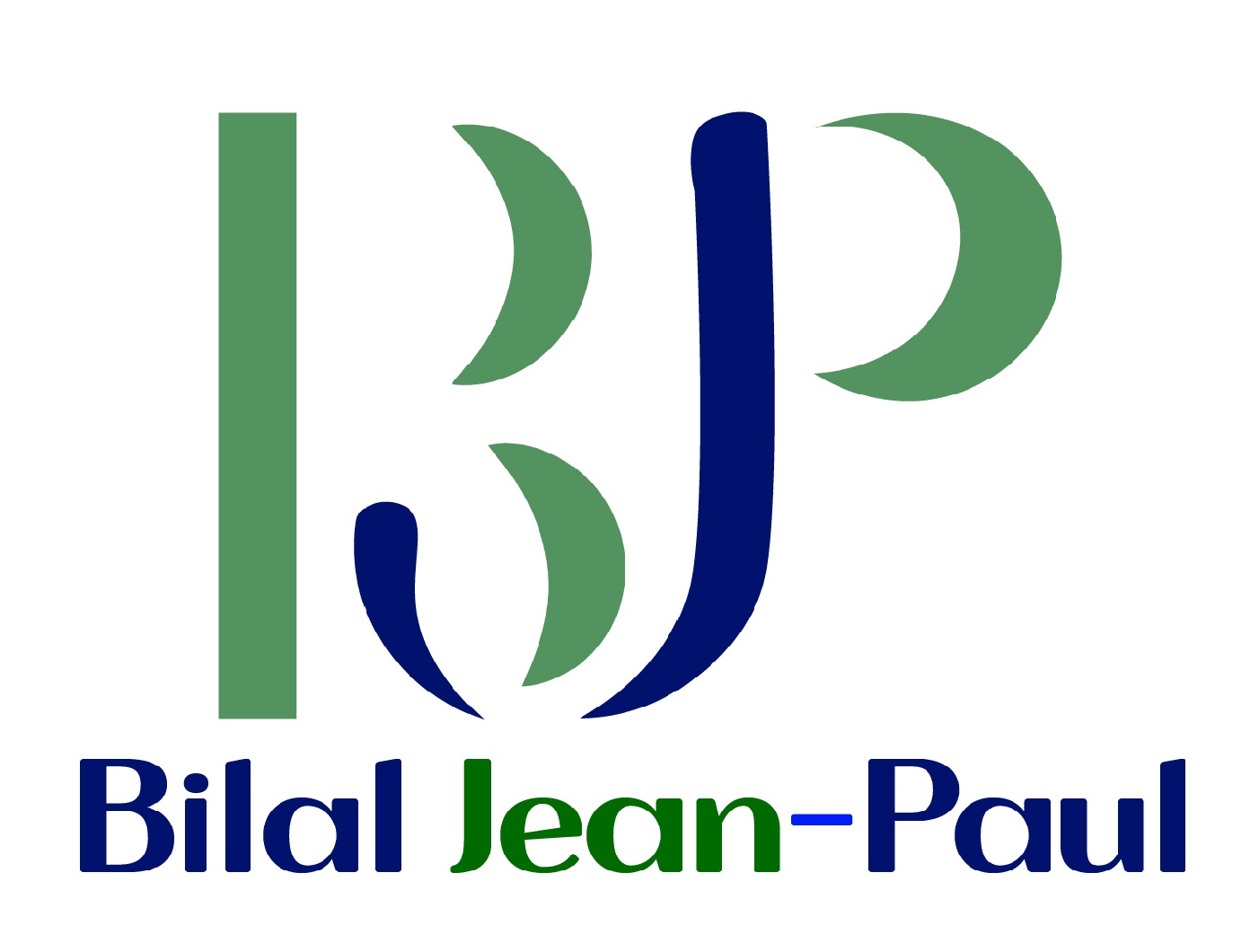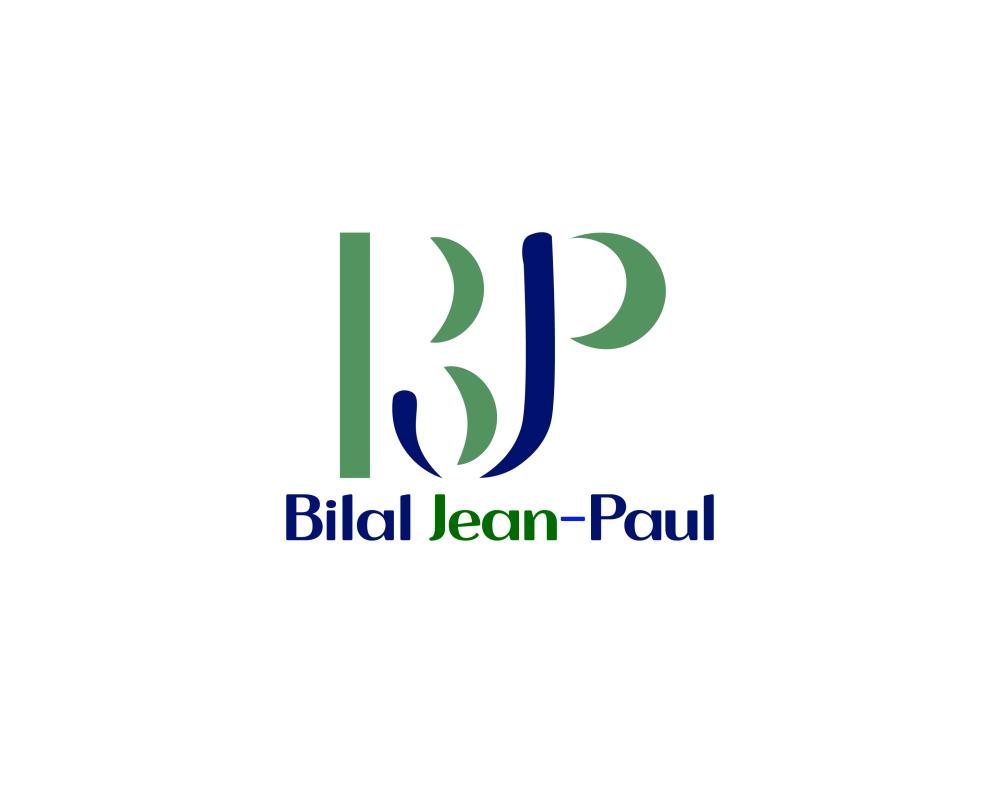Forgiveness: A Path To Healing And Liberation

Forgiveness: A Path To Healing And Liberation
The phrase "forgive and forget" is often misunderstood. Forgiveness doesn't mean erasing memories of past hurts, but rather releasing the burden of resentment and wiping the slate clean. This process allows us to pardon the offender without holding the offense against them.
Truly forgiving is a challenging but liberating experience. It requires empathy, self-reflection, and a willingness to let go of negative emotions. By recognizing our shared humanity and the fact that we've all made mistakes, we can begin to extend forgiveness to others.
However, forgiveness often starts with ourselves. We must learn to forgive ourselves for past mistakes and hurtful actions. This self-forgiveness allows us to release self-resentment and create space for forgiveness in our relationships with others.
When to forgive is a personal decision, especially in cases of severe hurt or trauma. Forgiveness doesn't happen on command, and it's essential to acknowledge that it's a process that takes time.

If you're struggling to forgive others, consider searching within yourself for self-forgiveness. Offer yourself more grace, and see how it impacts your relationships with others.
Ultimately, forgiveness is a journey that requires patience, understanding, and a willingness to release the burdens of the past. By embracing forgiveness, we can find healing, liberation, and a deeper sense of humanity.



























